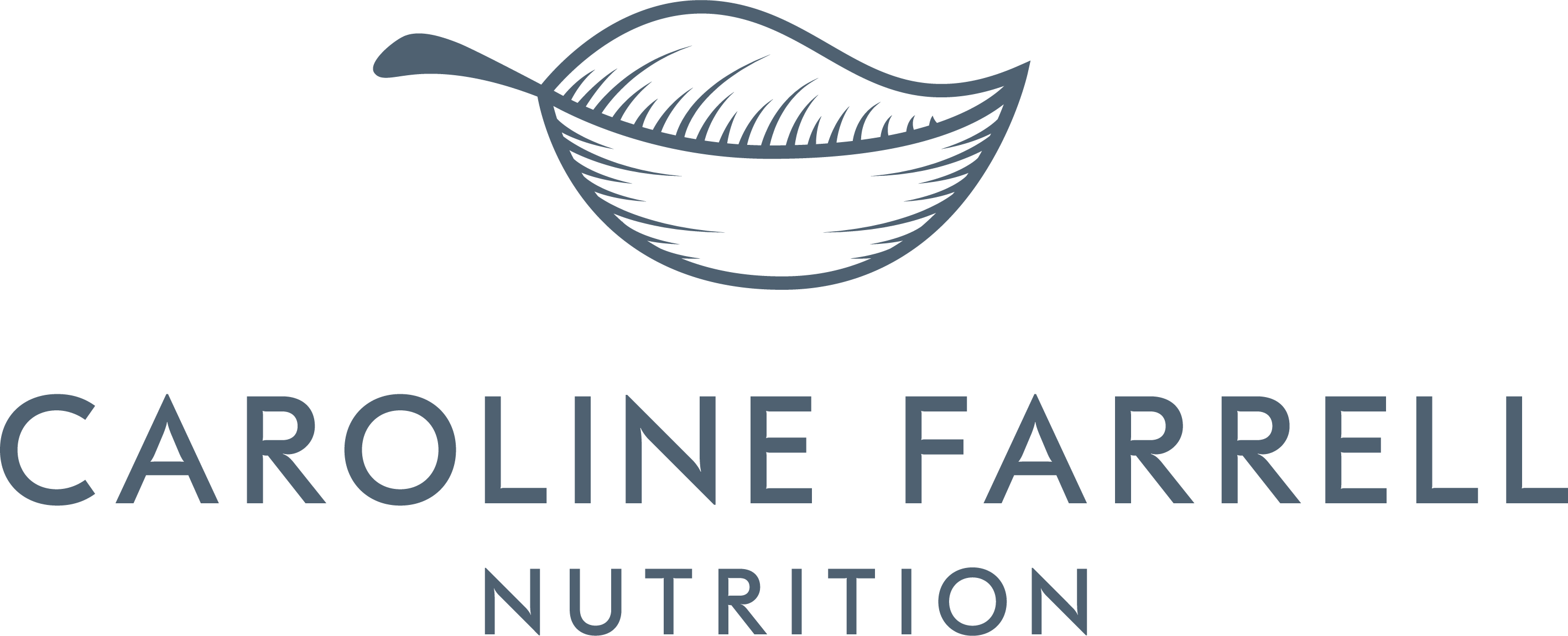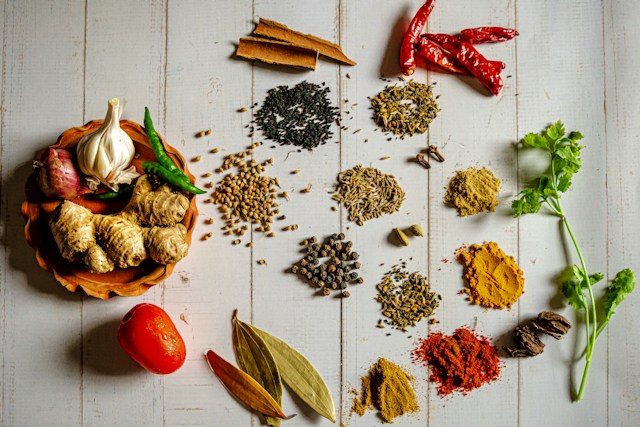A Common Concern for Vegans
One common question that I get from vegan clients is how to get enough protein. With careful planning and a variety of plant-based food choices, you can easily meet your protein needs on a plant-based diet.
Sources of Vegan Protein
Here are some good sources of plant-based protein:
Legumes: Beans, lentils, and chickpeas are protein powerhouses. They’re versatile and can be used in soups, stews, salads, and even veggie burgers.
Tofu and Tempeh: These soy-based products are rich in protein and can be used in a wide range of dishes, from stir-fries to sandwiches.
Seeds: Chia seeds, flaxseeds, and hemp seeds are high in protein and healthy fats. Sprinkle them on oatmeal, yogurt, or salads.
Nuts: Almonds, peanuts, and cashews contain protein and are great for snacking or adding crunch to your meals.
Whole Grains: Quinoa, bulgur, and farro are whole grains that provide a good amount of protein. They’re perfect for creating hearty salads and side dishes.
Vegetables: Some veggies like broccoli, spinach, and Brussels sprouts contain more protein than you might think. Incorporate them into your meals for added nutrition.
Plant-Based Protein Powders: If you’re struggling to meet your protein needs through whole foods, you can use plant-based protein powders made from sources like pea, rice, or hemp.
Tips
Getting enough protein on a vegan diet is not just about the sources but also about balance. Here are some tips to help you achieve a well-rounded protein intake:
- Diversify Your Diet: Don’t rely on just one or two sources of protein. Incorporate a variety of plant-based foods into your meals to ensure you get a wide range of nutrients.
- Pair Complementary Proteins: Some plant-based foods have incomplete proteins on their own, but when combined, they provide all essential amino acids. Examples include rice and beans or peanut butter on whole wheat bread.
- Monitor Your Intake: If you have specific protein goals, consider using a nutrition tracking app or consulting a registered Nutritionist to ensure you’re meeting your nutritional needs.




